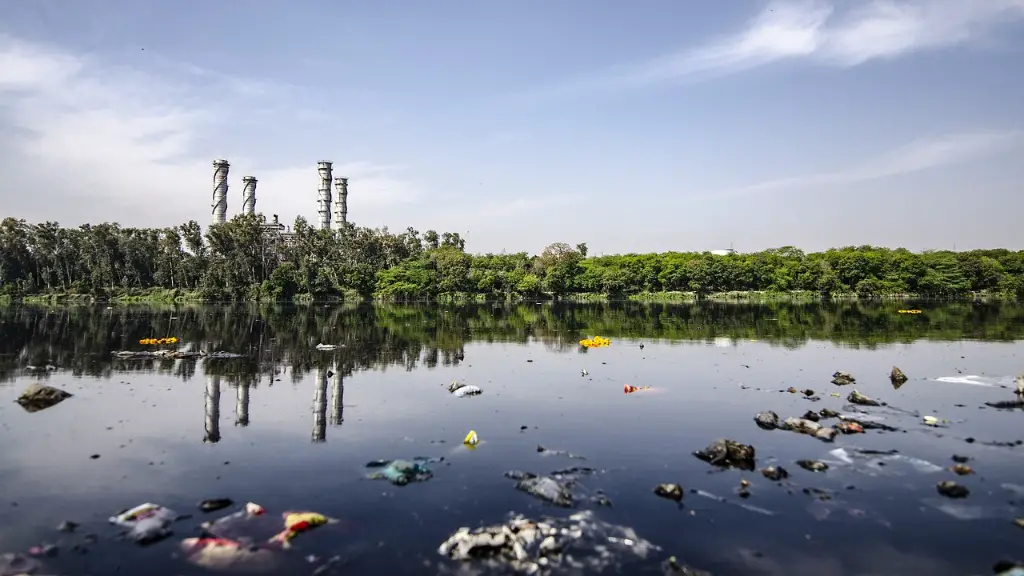The debate over global warming and climate change is far-reaching and highly contested. A source of confusion on the issue is whether they mean the same thing or if they are in fact two separate phenomena. The purposes of this op-ed are to shed light on this topic from a scientific standpoint, to consider both the positive and negative implications of global warming and climate change, and to provide an analysis of the two.
At its core, global warming is the rise in Earth’s average surface temperature in response to greenhouse gas emissions, caused primarily by human activities such as burning fossil fuels for electricity, transportation and industrial purposes. This increase of gas emissions is leading to higher temperatures in the atmosphere, which can create a range of weather events from extreme temperatures, to more frequent and intense storms and floods. Global warming, therefore, is an important environmental issue that we must tackle in order to mitigate its potentially harmful effects.
Climate change, on the other hand, is a broader phenomenon. It is defined as any persistent change in the properties of the atmosphere that cause significant shifts in weather patterns over a period of time. Global warming, therefore, can be considered a subset of climate change, since it is a specific change in climate caused by increased gas emissions. However, climate change does not always involve global warming. For example, climate change can also be the result of changes in solar radiation, changes in the Earth’s orbit and other natural causes.
Although global warming and climate change may seem like the same phenomenon, there are some key differences. Global warming is a more immediate issue and its main driver is increased gas emission, whereas climate change is a longer-term trend and its causes are not always directly linked to human activity. Global warming also has a direct effect on the Earth’s temperature and can cause extreme weather events. Climate change, on the other hand, is more of a slow-moving process and can be the result of a variety of factors.
Regardless of whether one views global warming and climate change as the same issue or two separate entities, the effects of these two phenomenon are far-reaching and are having a profound impact on our planet. Melting ice caps, rising sea levels, more frequent and intense storms and floods, and increasing temperatures are all consequences of global warming and climate change. Additionally, these environmental changes can have an adverse effect on human health, the economy, and our social and political systems.
It is clear that global warming and climate change are both important issues that need to be tackled head-on. In order to address them, we must continue to reduce gas emissions and increase our green initiatives. We must also educate ourselves and others on the issues of global warming, climate change and the scientific evidence behind them. With a better understanding of these phenomena and their implications, we can take the necessary steps to ensure a safe and healthy future.

